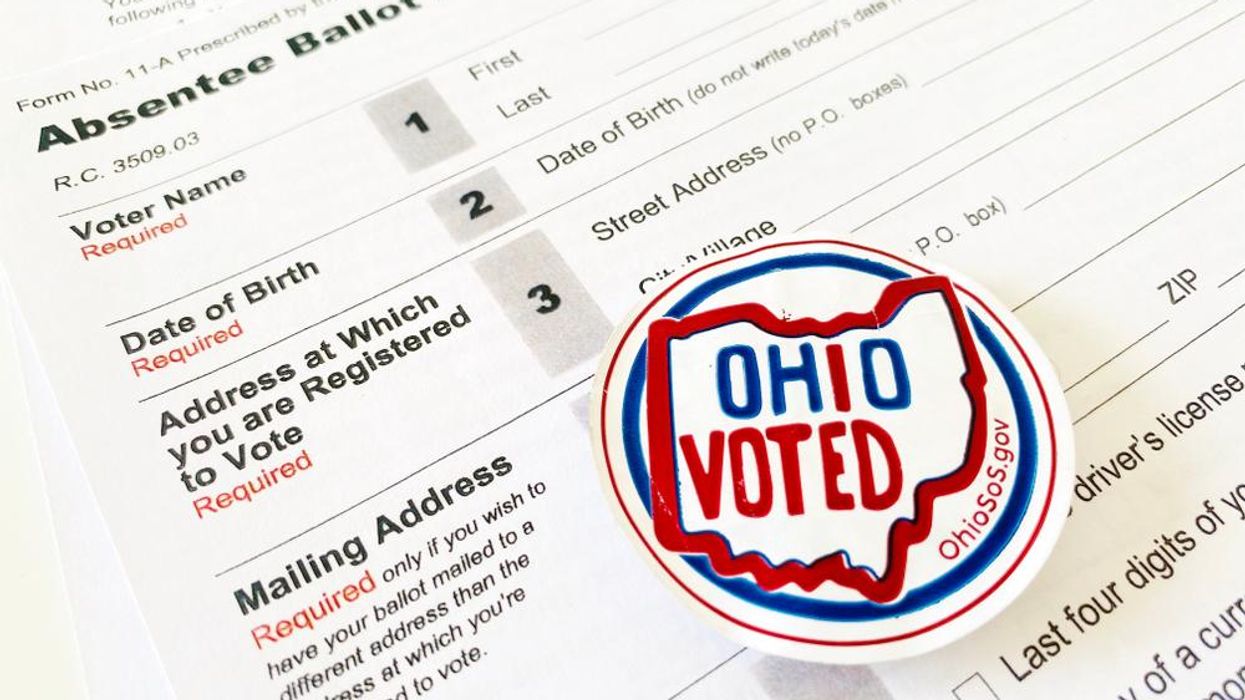Earlier this month, Ohio Republicans secretively enacted new voting restrictions, putting the swing state among those with the strictest voter rules in the nation.
The measure shortens the early voting period, as well as the time voters have to return mail-in ballots. It limits drop boxes to one per county in Ohio, and eliminates curbside voting for those who cannot prove disability status.
While identification was already required to vote in Ohio, the new law also nixes the exception allowing voters to prove their identity through paystubs, bank statements, or other documents.
“We do not have a problem with voter impersonation. Which is the only thing a highly strict voter ID will fix,” Jen Miller, president of the Ohio chapter of the League of Women Voters, told The Guardian.
Government officials have promised to provide free identification for those who cannot afford it, but activists say that waiting periods and qualifications will still become a roadblock.
“Free is a questionable term,” Camille Wimbish, election administration director at civic engagement advocacy group Ohio Voice, said. “The time it takes to take off work to go to the [motor vehicle office], get in line for one, who qualifies for one. Then of course like what if you don’t have the underlying documents that you need.”
Wimbish added that the law was most likely to impact communities already disenfranchised from voting.
“Black and brown communities have higher numbers of those communities who don’t have ID," she explained. "This is gonna impact Black and brown voters, students, rural voters, military voters, seniors. Really, everyone [is] gonna be impacted by these substantial changes.”
Ohio is a pivotal swing state during presidential elections, but has leaned more Republican in recent years. Voter restrictions could be the deciding factor in a tight race, especially seeing how Black and minority voters have made historic turnout for Democratic candidates in recent elections.
“The idea that they pass these laws or they champion these laws when there was no evidence of why these changes were needed," Wimbish continued. "And no input really from the public. Or opportunity to be heard on these issues. It’s alarming."
A democratic law firm in coalition with activists has since filed a lawsuit against the state in federal court, challenging provisions in the law for the undue burden placed on citizens practicing their constitutional right.
“There is no justification for the burdens that the [law] imposes on Ohioans,” the statement reads. “If the challenged provisions accomplish anything, it will be to diminish confidence in an electoral system that those in office have co-opted to entrench their positions of power at the expense of voters’ rights."
- Karamo Brown on Why People of Color Need to Vote ›
- Celebs Who Are Helping Get Out The Vote In Georgia ›
- Why 2022 Is the Year of the Botched Execution ›



















































